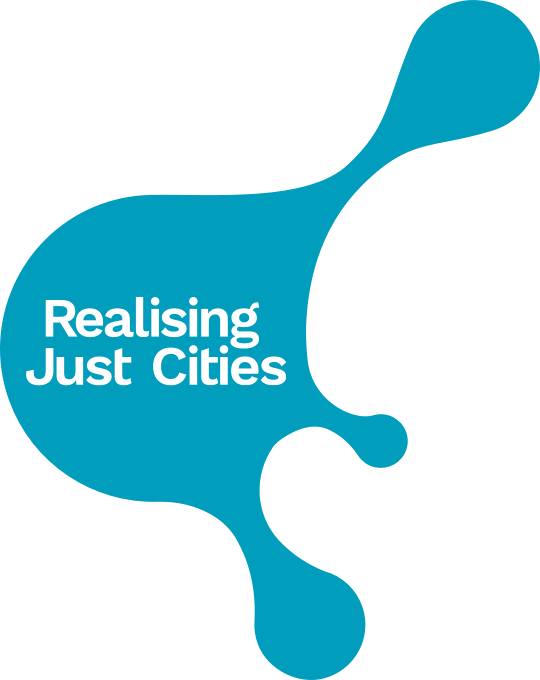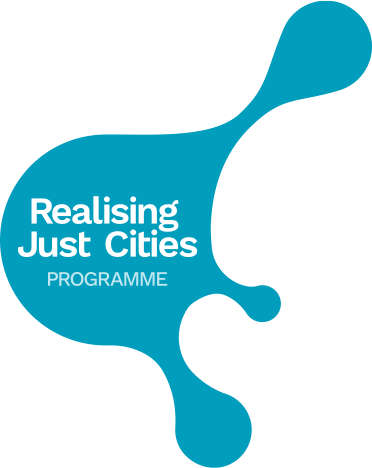Is co-production possible in planning? Notes from a roundtable on participatory cities
Roundtable on Participatory Cities, Realising Just Cities – Comparative Co-production, Mistra Urban Futures conference, Cape Town, South Africa, November 2018
By Nazem Tahvilzadeh, post-doctoral researcher Royal Institute of Technology, Department of Urban Planning and the Environment, Division of Urban and Regional Studies, Stockholm.
New forms of collaboration between state and civil society actors are emerging in cities around the world. Ideals of ‘communicative planning’ have now literally moved out on the streets where planners and citizens engage in more fluid forms of interaction, and sometimes confrontations, regarding planning issues of common concern. These invited or conquered spaces of participation have attracted much attention by urban and planning scholars. However, there are different perspectives present in academic debates on who really benefits as a consequence of the more frequent deployment of invited participation. How participatory is planning in the real world? Whose knowledge matters in participatory planning? How can small pockets of inspirational practice be identified and replicated?
In a reflective roundtable on the realization of “participatory cities” these and more issues were discussed between actors engaged in the planning of the urban periphery of Cape Town and the planning context of Malmö, Sweden. The roundtable was organized and delivered with Dr Vicky Habermehl and Professor Beth Perry (Urban Institute, University of Sheffield).
Vanessa Watson, Professor of City Planning in the School of Architecture, Planning and Geomatics at the University of Cape Town, argued that the ideals of communicative planning theory as developed by scholars like Patsy Healy are faulty in the context of the South. Northern presumptions are based on the existence of a strong and well-capacitated system of governance, strong and cohesive civil society organization and the willingness to adhere to the rule of law in order to suppress corruption and political patronage. In the Global South “sharply conflicting worldviews” are dominant which actualizes the need for a theory of state-society engagement which places “conflicts and not consensus at the center of planning process”, argued Watson. Her suggestion was an alternative ideal of bottom-up co-production in where “civic movements, with supporting NGOs, initiate processes of self-managed environmental improvement and approach the state to engage in a partnership”. In such a way “power remains located in civic movements.”
The four following speakers in the panel represented social movements and NGO’s with experience and capacities to act as agents of co-production in relation to urban planning, and with direct planning experience in and around Cape Town. They were:
- Adi Kumar from the Development Action Group, Cape Town
- Olwethu Jack, from Ubuntu Growing Minds, Cape Town
- Nadine Coetzee Architect and Technical Support, Community Organization Resource Centre (CORC)
- Mavis Manyathi from the Informal Settlement Network (ISN)
All shared a wide range of different grassroot practices and techniques through which ordinary citizens in peripheral urban areas are participating in complex governance processes. One shared concern of these movements were the actual possibilities of “true co-production” as Watson frames it, by the contribution of the knowledges and know-how of ordinary citizens with the expertise on how places are being used and how they ought to be changed in order to improve their functions for its residents. “Nothing for us without us”, said Mavis Manyathi when describing how women in different areas of Cape Town are co-producing new knowledges which are channeled in to the planning of previously neglected areas in townships. In sum, the presentations illustrated the possibilities of realizing a more just and social movement centered co-productive mode of planning.
Hannah Wadman, also a speaker on the panel and a planner in Malmö City, reflected on a number of challenges of participatory planning from her perspective. Even though planners are positively minded about co-production, two central issues for its realization in a highly formalized institutional setting like Sweden are the issues of time and on who initiates citizen initiatives? In general, the planning process is a slow process, as the gap between the design of buildings and public spaces and a finalized building can take years. Even if planners are including different groups early on in the planning process, the challenge is to keep communications going during the entire process, which can take five years. Another challenge is the issue of initiative as Swedish planning departments are usually effective in the forms of dialogues they initiate themselves. However, engaging in co-production on the initiative of citizens often turns out to be more complicated as planners can’t grapple issues on the fringe of the formalized planning agenda.
The co-production ideal proposed by Vanessa Watson and the different activities of the present social movements are not impossible practices to realize in the Swedish context. “It’s a paradox”, Hannah Wadman says, “we often say and experience that it is difficult to engage people in our processes, but when people take their own initiatives we don’t know what to do. It is not because we don’t want to – but we do not have the organization for it.”
It's a paradox...we often say and experience that it is difficult to engage people in our processes, but when people take their own initiatives we don't know what to do. It is not because we don't want to - but we do not have the organisation for it. (Hannah Wadman, Malmo City Planner, Sweden)
The debates on what kind of planning organizations can support more co-productive modes of governing cities will be on-going. However, narratives and reflections from both contexts demonstrate similar challenges, as well as the need to engage with communities in their own terms for participatory planning.
This roundtable was organized as part of a workstream on participatory planning, within the Mistra Urban Futures supported “Participatory Cities” project.
The Cape Town panel debate reprised questions addressed in an earlier parallel panel discussion between Swedish and UK community organisations and policy-makers during the UK and Ireland Planning Conference, held in Sheffield in September 2018.




